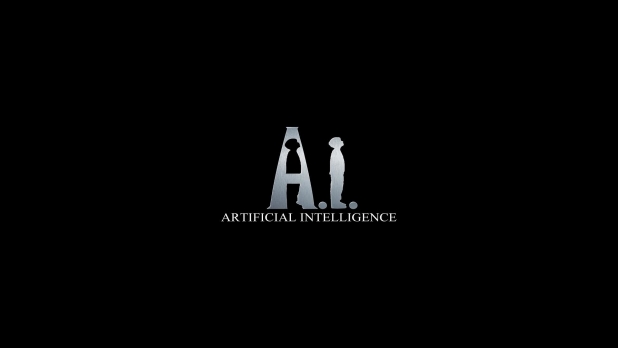Artificial Intelligence Changes Lives

Artificial Intelligence can easily be shed in a negative light, according to Elon Musk, building AI is like ‘summoning the demon.’ The reason he describes it in such a fashion is due to the reported risks AI threatens to bring to the labour force. However, there are examples where artificial intelligence will evolve and change people’s lives for the better, and in turn offer more job opportunities as it happens.
The first example of how Artificial Intelligence will change lives and increase job opportunities can be seen in the case study of Saqib Shaikh. Saqib lost his sight when he was seven, and shortly after that went to a school for the blind. While at the school for the blind, he was introduced to talking computers, one of the first forms of AI. When he first worked with this form of AI he described it by saying it “opened a whole world of opportunities”. Saqib qualified from university as a software engineer, and has since dreamt of a way that he could design software that could describe exactly what was going on around him. Since then, he has teamed up with a group of engineers who have developed an application that tells you exactly who and what is around you. It’s built on top of Microsoft Intelligence API’s, which enables the app to run on smartphones, and the ‘pivothead smart glasses.’ The glasses offer the possibility of changing the day to day lives of the blind, for example it can describe the emotions of the people around them. Furthermore, the app has the ability to read out text, so for those who go to a restaurant and look at a menu, the app can dictate exactly what the options are. If the app is being used on a smartphone, the app will direct the user on how to take the photo, and once the photo is taken, it will read out the options. Saqib said that a few years ago, this would be seen as science fiction, but now, with artificial intelligence quickly improving, it offers the possibility of vastly improving the lives of those who are blind. In relation to job opportunities, what this case study shows is that software engineers will be in high demand from large organisations worldwide, as they compete to create the most sophisticated forms of Artificial Intelligence to entice customers into buying their product.
Furthermore, artificial intelligence will improve the lives of those who are deaf. At Oxford University, experimental scientists have created AI that lip reads more effectively than humans. It has been developed in collaboration with Google's DeepMind AI division. The software has been called ‘Watch, attend and spell,’ and when it was put up against professional lip readers, it got 38% more words right. A doctoral student Joon Son Chung described the objectives of the AI "is to learn things that come together, in this case the mouth shapes and the characters and what the likely upcoming characters are." This form of artificial intelligence still needs a lot of work to reach full efficiency, however this opens the door for all types of engineers to come in and improve the effectiveness of the software. Therefore this form of AI provides the opportunity of more work for IT specialists as it promises to improve the lives of the deaf in the future. The head of the charity ‘Action on Hearing Loss’ is enthusiastic about the future of this technology. "AI lip-reading technology would be able to enhance the accuracy and speed of speech to text.”
Finally, artificial intelligence looks to help those who are disabled. Google’s self-driving car offers the possibility for the disabled to get behind the wheel again. Each car has been put through 2 million miles of test driving, to ensure that the car has been taught to drive defensively. With sensors around the car, it can respond rapidly to unexpected scenarios such as pedestrians crossing in a dangerous area or cyclists cutting in front of cars. With this form of AI, all the advantages of driving will come back to the disabled who originally could not get behind the wheel. Furthermore, as self-driving cars gradually become more advanced, the need for more advanced software’s and sensors will correlate perfectly. Thus, increasing the demand for software engineers who will in turn improve the lives of thousands of people.
What these three examples of artificial intelligence show is that while it continues to develop, the growth of job possibilities will develop with it. The incentives and motivation for engineers and IT specialists should be rising, as the need for AI developers will only get bigger.
Click here for Artificial Intelligence Jobs
